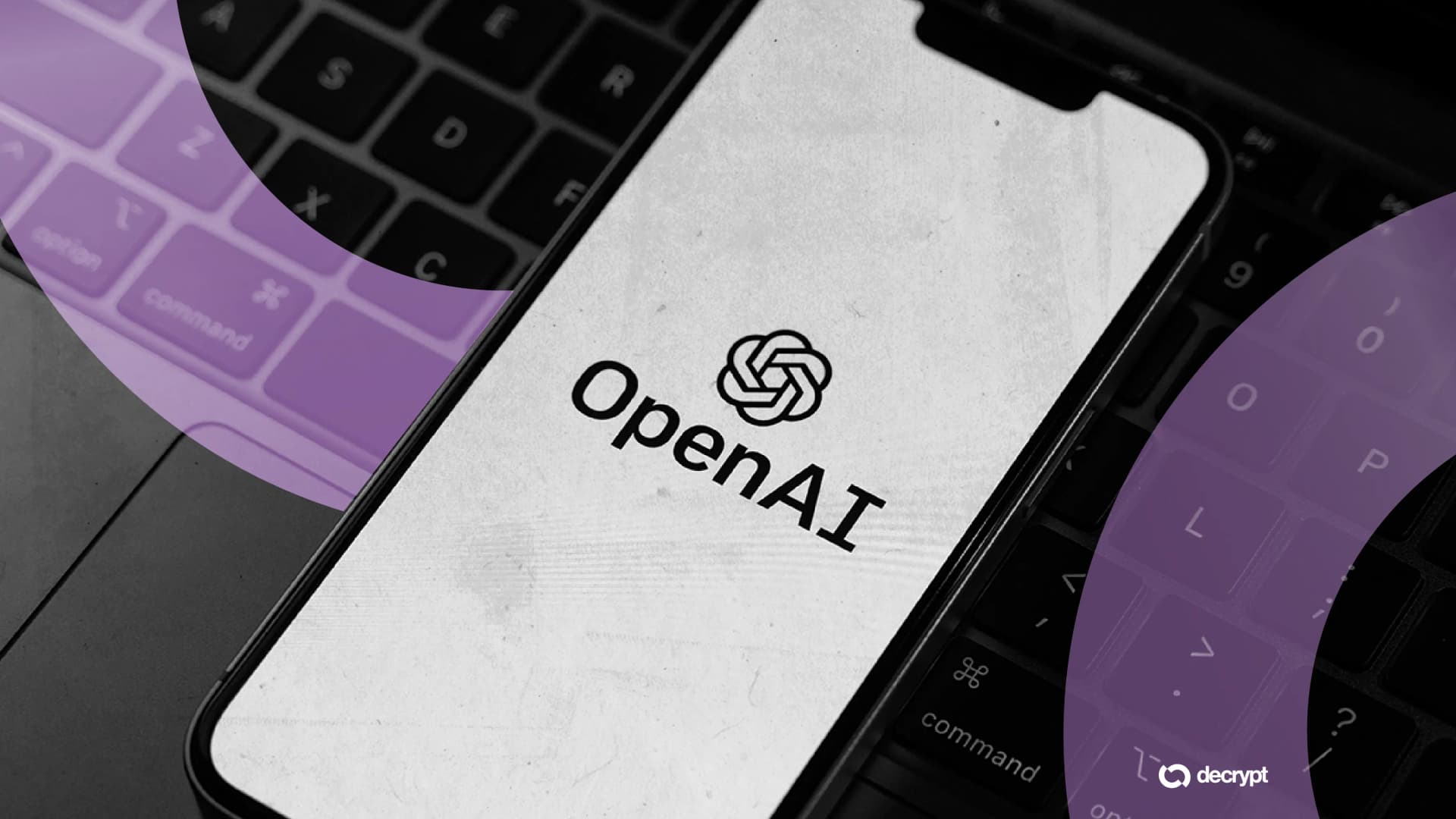Microsoft Values $135 Billion Stake in OpenAI as Firms Face Legal Pressure

News Summary
Microsoft and OpenAI have announced a restructured partnership, valuing Microsoft's stake in OpenAI at $135 billion, approximately 27% of OpenAI's new public-benefit company. Microsoft will remain OpenAI's "frontier model partner" through 2032, retaining exclusive IP licenses to OpenAI's models and products, excluding any consumer hardware OpenAI produces. The reworked pact allows OpenAI to collaborate with third-party developers, deploy open-weight models meeting safety thresholds, and independently pursue its own AGI research. OpenAI has committed to purchasing $250 billion in additional Azure services, though Microsoft surrendered first-refusal rights as the compute provider. This announcement comes as both firms face antitrust scrutiny and a federal lawsuit alleging Microsoft weaponized Azure's dominance to inflate ChatGPT prices.
Background
The partnership between Microsoft and OpenAI began in July 2019 with a $1 billion investment, establishing Microsoft as OpenAI’s exclusive cloud provider. In January 2023, the collaboration deepened with a multi-billion-dollar expansion, positioning Microsoft as OpenAI’s primary backer. Currently, Microsoft is facing a class-action lawsuit alleging it exploited its Azure dominance to throttle computational capacity for ChatGPT, artificially maintaining subscription rates at "100 to 200 times" competitors' levels during February's AI pricing conflict. Concurrently, OpenAI also disclosed concerning mental-health signals among its user base, with approximately 0.15% of active users showing explicit indicators of suicidal planning or intent.
In-Depth AI Insights
What are the true motivations and long-term implications of Microsoft and OpenAI's restructured partnership amid antitrust scrutiny? - Microsoft's relinquishing of certain exclusive rights and allowing OpenAI more autonomy is likely a strategic move to de-risk from regulatory pressures and avoid being perceived as a monopolistic entity. This allows both parties to address antitrust lawsuits with a partnership framework that appears more aligned with competitive market principles. - OpenAI gaining greater autonomy, including collaborating with third parties and releasing open-source models, helps diversify its development and expand its ecosystem, reducing reliance on a single tech giant. This also serves as a defensive strategy against accusations of over-centralization. - While Microsoft ostensibly loses some exclusivity, its $135 billion valuation of the stake and OpenAI's commitment to $250 billion in Azure services ensure Microsoft's central role and continued financial benefit in the AI value chain, representing a more resilient and regulatory-friendly form of control. How does the new partnership agreement impact the competitive landscape of the AI industry and Microsoft's financial outlook? - OpenAI's ability to partner with third parties and release open-weight models will intensify competition in the AI market, particularly for players who relied on the previous exclusive Microsoft-OpenAI partnership. This could spur further innovation but also lead to increased volatility in AI service pricing. - For Microsoft, despite facing antitrust lawsuits, its continued investment and OpenAI's soaring valuation reinforce its narrative as an AI leader. OpenAI's massive Azure consumption commitment provides a significant long-term tailwind for Microsoft's cloud services, though the outcome of AI-related litigation remains a key risk. - Given the high market valuations in the AI sector, this move could boost investor confidence in the short term. However, in the long run, the market will focus more on regulatory outcomes, actual profitability, and technological breakthroughs, especially regarding business models post-AGI. What are the deeper implications for investors and the future of AI development given Sam Altman's consolidated power and OpenAI's shift to a public-benefit company structure? - Sam Altman's consolidated control over the PBC board could mean greater agility and execution speed in OpenAI's strategic decisions, but it may also raise concerns about governance transparency and balanced decision-making, particularly in the high-stakes pursuit of AGI. - The conversion to a public-benefit company structure, ostensibly emphasizing a 'public good' mission, might help OpenAI garner broader societal support when facing ethical and safety questions. For investors, however, this requires a closer examination of the balance between its commercial model and public mission, and how this might impact its path to profitability and value creation. - Considering the disclosed mental health signals among OpenAI users, this structural shift and leadership consolidation could also be a response to growing societal responsibility and ethical challenges, aiming to balance technological advancement with social impact, which presents both a challenge and a potential differentiator for long-term investors.